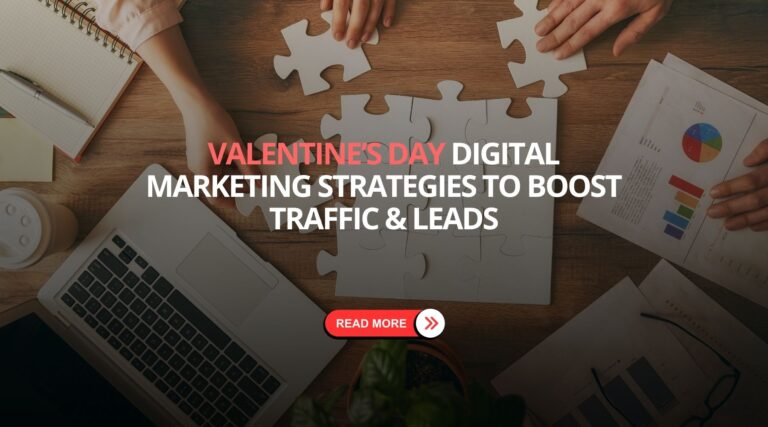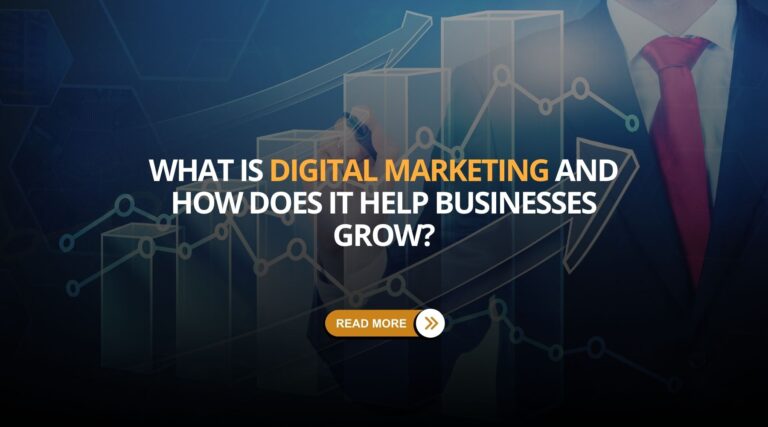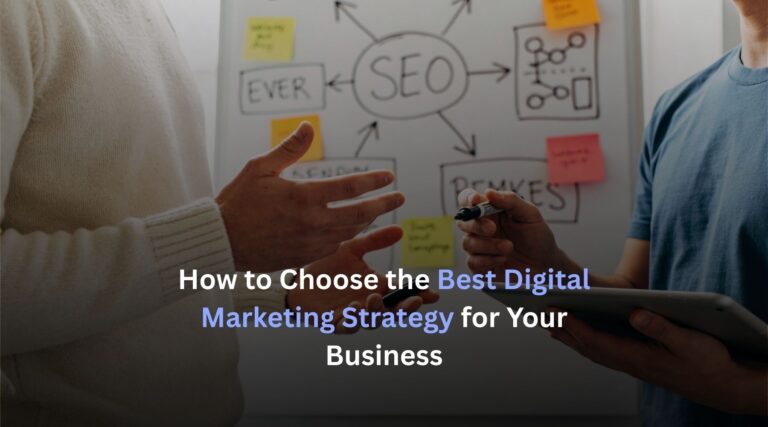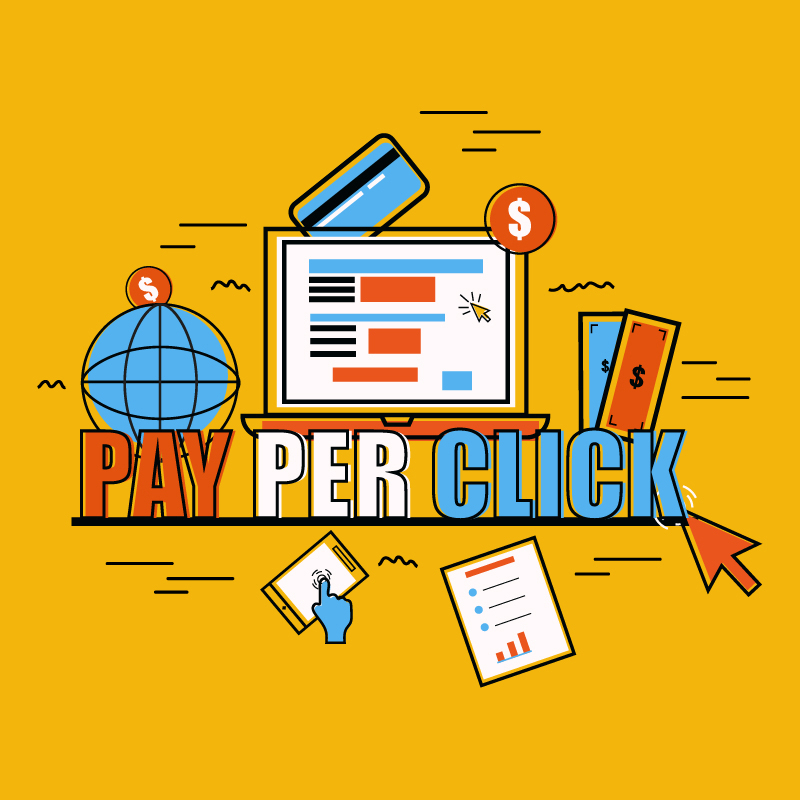
In today’s competitive digital landscape, businesses aren’t just fighting for visibility—they’re competing for attention, clicks, and conversions. If you’ve ever searched something on Google and noticed those sponsored results at the top of the page, you’ve already seen PPC in action.
But how exactly does PPC advertising work, and why is it such an important part of digital marketing strategies? Whether you’re a small business owner, a marketer, or just curious about how online ads really function, this detailed guide will walk you through everything you need to know.
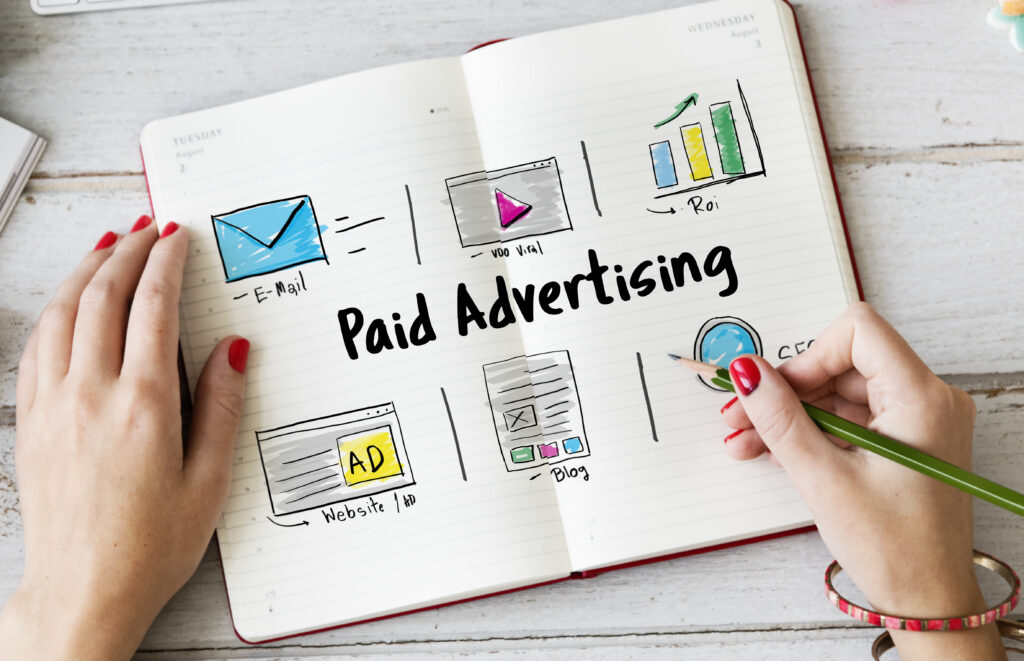
What is PPC in Digital Marketing?
PPC, or Pay-Per-Click, is a paid advertising model where advertisers pay a fee each time their ad is clicked. Essentially, it’s a way of buying traffic to your website instead of waiting for it to arrive organically through SEO.
In the context of digital marketing, PPC serves as a fast-track method to reach your target audience. Platforms like Google Ads, Facebook, Instagram, LinkedIn, and Amazon allow advertisers to display their ads to people actively searching for specific products, services, or solutions.
Imagine a local bakery wanting to promote its new cake delivery service. By running a PPC campaign targeting keywords like “online cake delivery near me,” the bakery can immediately show up in front of people looking for exactly what it offers.
Want expert help with PPC campaigns? Check out our Paid Marketing Services.
How PPC Advertising Works – Step-by-Step
Understanding how PPC functions will help you appreciate its power and precision within your broader digital marketing plan. Here’s how it works in a simplified step-by-step process:
1. Keyword Research – The Foundation of PPC
Every effective PPC campaign begins with choosing the right keywords. These are the search terms people type into Google or Bing when looking for something. The more relevant your keywords are to what you offer, the better your chances of getting clicks that convert.
This research isn’t guesswork. Tools like Google Keyword Planner, SEMrush, and Ahrefs help you discover high-volume, low-competition keywords that match user intent. At Digital Omnitech, we dive deep into your niche and competitor landscape to find keywords that give you a competitive edge.
Learn how we conduct deep keyword research as part of our Google Ads Management services.
2. Crafting the Right Ad Copy
Once you have your keywords, the next step is to create ads that attract attention and encourage clicks. A successful ad doesn’t just talk about your service—it connects with the reader’s needs.
Your ad copy should:
- Address a specific pain point
- Highlight a unique benefit or offer
- Include a clear call-to-action (CTA)
- Link to a relevant landing page
3. Bidding – Competing for Ad Placement
PPC is built around an auction model. When multiple advertisers want to show their ad for the same keyword, they enter into a real-time auction. You tell the platform how much you’re willing to pay for a click—this is your bid.
But winning isn’t just about bidding the highest. Google also considers your Quality Score, which is based on:
- Ad relevance
- Landing page quality
- Expected click-through rate (CTR)
That means a well-written, highly relevant ad can actually rank higher than a more expensive, lower-quality one.
4. Targeting – Reaching the Right People
The beauty of PPC lies in how precisely you can reach your audience. You can choose who sees your ads based on:
- Location
- Age and gender
- Device type
- Time of day
- Interests and behaviors
- Past website visitors (remarketing)
So whether you’re promoting local services or running a nationwide campaign, PPC helps you connect with the right people at the right time.
Want to run PPC campaigns on social platforms? Explore our Meta Ads Management services.
5. Paying for Clicks – Not Just Impressions
Unlike traditional ads where you pay for visibility (even if no one responds), PPC only charges you when someone clicks on your ad. That means your budget is going toward actual traffic, not just impressions.
You can even set daily or monthly limits so your spending stays under control. Platforms offer full transparency into what you’re paying for, making it easier to track your return on investment (ROI).
Why PPC Is a Game-Changer in Digital Marketing
If you’re still wondering why PPC deserves a place in your digital marketing strategy, here are some compelling reasons:
Instant Results
Unlike SEO, which can take months to show results, PPC starts driving traffic almost immediately. This makes it ideal for time-sensitive campaigns like product launches, sales promotions, or events.
Full Control Over Budget
Whether you’re a startup with ₹5,000 or an enterprise spending lakhs per month, PPC gives you complete control over your ad spend. You can pause, scale, or adjust campaigns in real-time.
Measurable Performance
With PPC, everything is trackable—clicks, impressions, conversion rates, and ROI. This data-driven approach helps you continuously refine your strategy for better outcomes.
Hyper-Targeted Reach
Reach the exact audience you want, based on demographics, behavior, or interests. Want to target corporate decision-makers on LinkedIn? Or busy moms on Instagram? PPC has you covered.
Looking for tailored campaign support? Our Facebook Marketing and Twitter Marketing experts are here to help.
How Digital Omnitech Builds High-Performing PPC Campaigns
At Digital Omnitech, PPC is more than just running ads. It’s about creating a strategic engine for lead generation, visibility, and long-term business growth.
Here’s what our PPC process looks like:
- Goal Setting: Understanding your business objectives
- Market Research: Analyzing competitors and audience behavior
- Campaign Setup: Writing high-converting ads and selecting the best platforms
- Ongoing Optimization: A/B testing, bid adjustments, and refining audience targeting
- Transparent Reporting: Monthly insights to measure ROI and improve results
Need help with eCommerce platforms? Check our Amazon PPC Management for boosting your product sales through sponsored ads.
PPC + Digital Marketing: A Winning Combination
While PPC is powerful on its own, it delivers the best results when integrated with your broader digital marketing efforts. For example:
- Pairing PPC + SEO gives you both quick wins and long-term growth. Explore SEO Services
- Using PPC + Email Marketing helps you follow up with leads who clicked but didn’t convert. Explore Email Marketing
- Combining PPC + Social Media builds brand trust across platforms. Explore Social Media Marketing
Together, these channels create a full-funnel strategy that engages, converts, and retains customers.
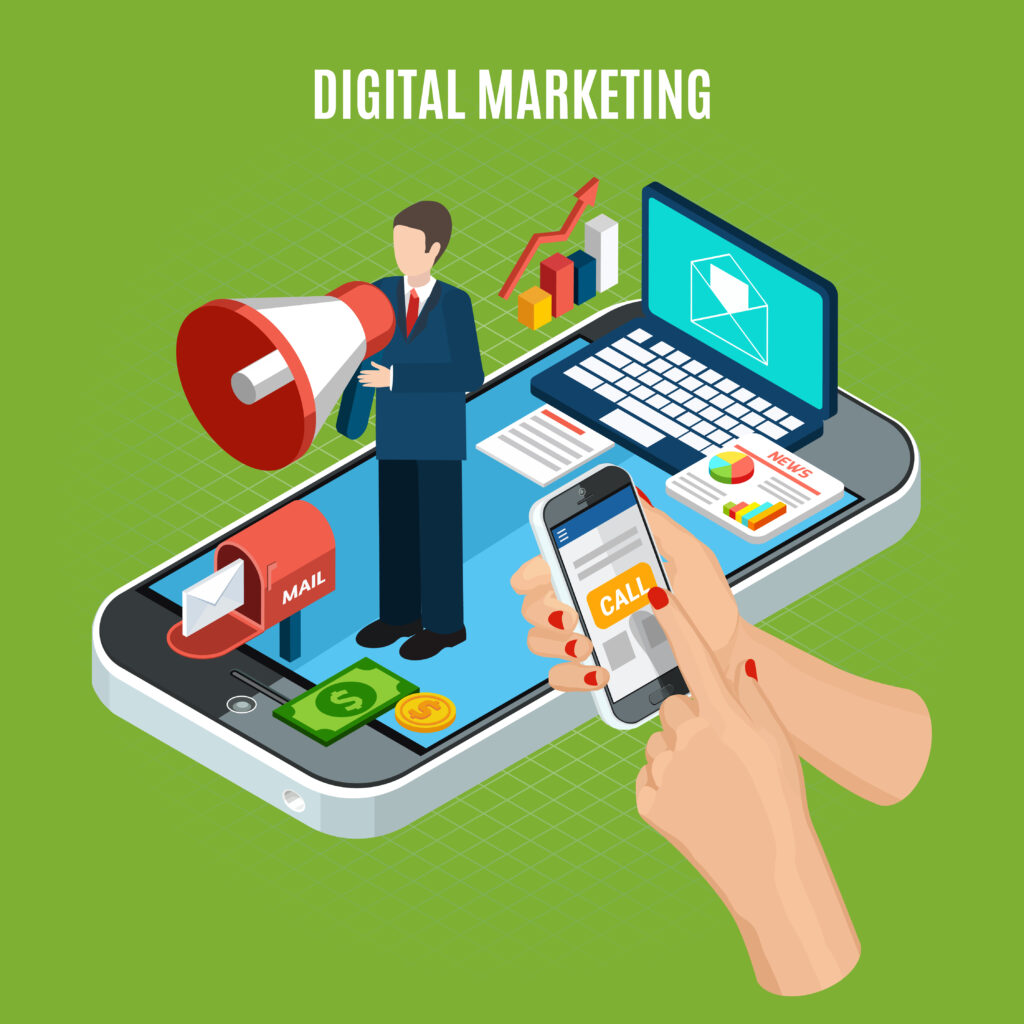
Is PPC Right for You?
If your business needs more traffic, leads, or sales—and fast—then PPC could be the solution you’re looking for. It’s measurable, scalable, and adaptable to businesses of all sizes. When managed professionally, PPC can become a reliable engine for business growth within your digital marketing strategy.
At Digital Omnitech, we’ve helped startups, local service providers, and eCommerce brands get real results through strategic PPC campaigns. Let us help you turn your ad budget into actual business success.

